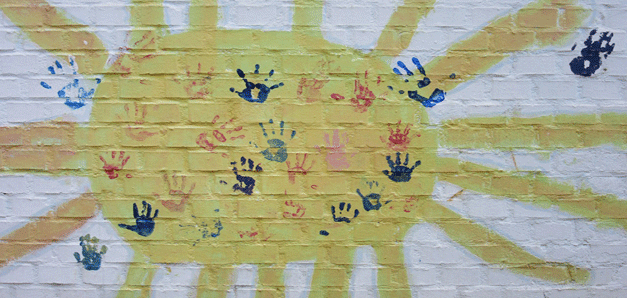Who Am I, Really?
As we hit adolescence it’s critical to our development to individuate from our parents and find our own identity. This can be a painful process if what we want doesn’t mesh with what’s expected of us. We can take on hurts we’ve suffered or inflicted on others and traumas we’ve endured as parts of our identity. It’s also a rich and exciting time to experiment and develop our own identity.
We use identity to make a statement, connect to and relate with others, assess, judge, and for protection. There comes a point in life – either consciously or involuntarily – where the identity we have known comes into question, often brought on by a catalyzing event that breaks through how we formerly thought about ourselves:
- changes in health status
- an empty nest
- layoff, career changes, retirement
- care giving of aging parents
- becoming a parent or grandparent
- marriage, breakups, shifts in relationships
- changes in financial status
- crisis of faith
We often confuse the roles we take on – professionally and in our family life – with who we are. If our identity is enmeshed with the roles we play or positions we fill, this becomes an issue when the role capsizes. It upsets our sense of self when we realize that our identity isn’t what we do. It goes much deeper.
The privilege of a lifetime is being who you are. – Joseph Campbell
At midlife, we are called to be who we really are. The midlife crisis that many go through is when we come to the realization we have been living someone else’s life and no longer have an interest in continuing that path. For some, we have no idea what we even enjoy. A friend told about going to the grocery store when her youngest son had left home. Standing in the store, hands gripped to the handle of the shopping cart, she was at a loss to know what she liked to eat.
Good questions can open a conscious exploration into identity.
- Who am I without ___________? (job, partner, kids, health, status)
- Who am I becoming at this stage of my life?
- What do I imagine for myself in the next decade?
- What impact do I want to make?
A compelling question was posed to me during my recovery from throat cancer treatment that I’m still working with: Who am I becoming in the silence?
Identity has been the most challenging transition for me to write about in this series. Probably because I haven’t yet fully resolved it for myself. It’s much more comfortable to write about things I’ve figured out. This new ground feels vulnerable.
I do know that identity is not about what I do. It has more to do with how I’m being. The language of being has a different quality to it. It’s the language of love and open heartedness, the language of spirit. I’m not fully comfortable expressing myself in this language yet and it feels unfamiliar.
What I long for is to know others and myself as the souls that we are. In that state, role identity isn’t even present. We are connected through spirit and the heart to something much larger than ourselves.
A few seats left – LAST SCHEDULED RETREAT FOR 2015
Women at the Well: Transitions
June 5-7, 2015
Pescadero, CA
EARLY DISCOUNT UNTIL MAY 25, 2015

 I am a speaker, teacher, writer, and artist working at the convergence of self-care, spirituality, and self-expression.
A Creative Conspirator - an inciter of whatever makes you come alive, an excavator of buried gifts and talents, a fresh breeze that fans the smoldering embers of abandoned creativity.
I am a speaker, teacher, writer, and artist working at the convergence of self-care, spirituality, and self-expression.
A Creative Conspirator - an inciter of whatever makes you come alive, an excavator of buried gifts and talents, a fresh breeze that fans the smoldering embers of abandoned creativity.
Leave a Reply